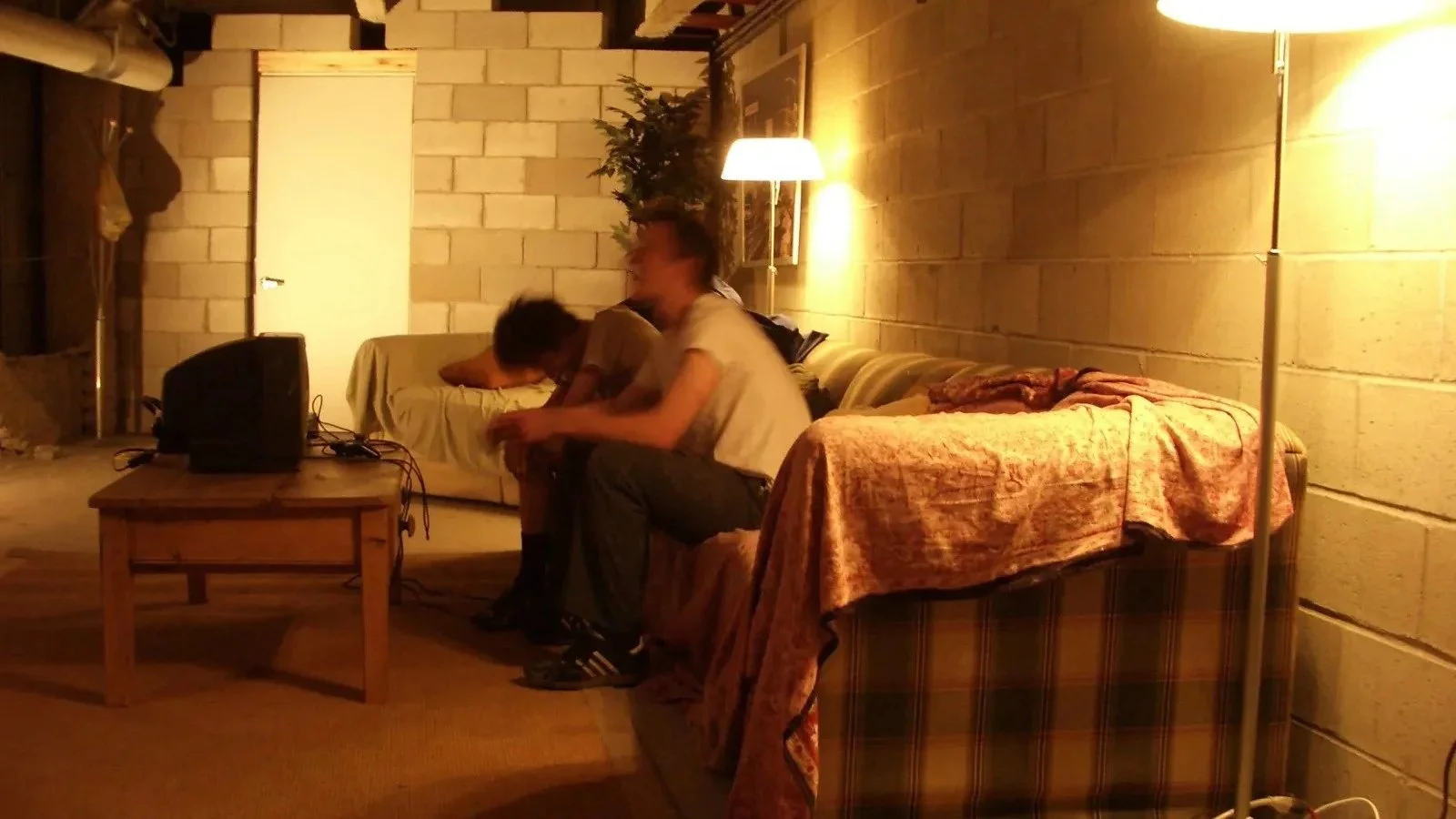Review: Cloud (2024)
When I first heard the concept for Kiyoshi Kurosawa’s Cloud, I thought it was a bit ludicrous. Then I lost out on tickets to Game 1 of the 2025 World Series because scalpers snatched them all up and promptly marked them up by at least 300%. It was only then that I understood: sometimes, the people who screw you over online have it coming. Of course, the latest film from the Japanese master behind Cure and Pulse isn’t all about revenge. Its thematic scope is larger, charting how the internet distills capitalism into its purest, most predatory form, transforming all human relationships into systems of market exchange or exploitation. It’s a vicious work, which, while not horror like the aforementioned films, captures the bone-deep dread of living in the modern world.
In the opening scene of Cloud, we meet an industrious young man named Yoshii (Masaki Suda) buying a bunch of medical therapy products at significant markdown. He persuades the desperate manufacturer to sell them in order to save on the cost of disposing of them, only to go home, put the products up for sale at 10 times what he paid for them, and watch as the products quickly sell out to various online bidders throughout the country.
This is Yoshii’s hustle, which he does dispassionately but methodically from his small apartment in Tokyo. He doesn’t get a thrill from the sale, but he is driven, monomaniacally, looking to make more money, even though we never see him spend it on anything. Soon enough, his ambition grows and he quits his factory job to go all in on reselling full time. To afford more space to store larger items for resale, he moves to a massive home in a small town outside Tokyo, and continues to scale up his operation. But eventually, he pisses off the wrong people. And then everything goes south.
Cloud begins as a bleak procedural look at online predatory capitalism. Kurosawa's patient camerawork follows Yoshii through a series of schemes, whether snatching up anime collectors’ items from store owners right before they’re on sale to the public or stealing an idea from a potential colleague and ghosting him in the aftermath. About midway through, it morphs into a revenge picture as the various people Yoshii has screwed over band together to get back at him. They find his address online and pay him a visit to mete out justice armed with shotguns and blowtorches. They aren’t kidding around and so Yoshii has to scramble to save himself.
Initially, this narrative turn feels abrupt but it has a brutal logic to it: this is what a market correction looks like in its most drastic form. The market is cold and callous—winner take all. When people lose out, they will skirt the rules to get theirs or steal from others to get back in the game. It’s kill or be killed, so why not dramatize it as such?
Kurosawa has never been an action director, relying more on stillness, mood, and patient scene building to craft his beguiling brand of cinema. But he’s pretty good at the action once guns start ablazing. The action scenes are blisteringly loud and surprisingly violent. Kurosawa’s camera keeps its objective distance, but he pays careful attention to the blocking and the locations, so we’re always clear about Yoshii’s one way out of a bad situation. The gun fights are also utterly unpredictable. We didn’t expect the narrative turn into revenge to happen and neither did Yoshii, so the character and the audience seem in sync in responding to the carnage unfolding, operating off instinct, reacting more than acting.
It also helps that Cloud depicts a scenario where no one knows what they’re doing. Yoshii isn’t Tom Cruise. His enemies aren’t seasoned gangsters. They’re just pissed off people who want to act out their online fantasies. Like in Pulse, the spirit of the machine seeps into reality. So there’s a stumbling authenticity to the action, which takes us from Yoshii’s home to winter forests into abandoned factories, those totemic locations for Kurosawa, the symbolic stand-ins for contemporary decay.
By the film’s end, Cloud firmly establishes itself as akin to Pulse and Cure and even Chime (which Kurosawa released as an NFT in 2024): even if its characters can manage to survive, they do it by bargaining with the devil at the cost of their soul. In Cloud, you can try to escape revenge, but eventually, every bill comes due.
8 out of 10
Cloud (2024, Japan)
Written and directed by Kiyoshi Kurosawa; starring Masaki Suda, Kotone Furukawa, Daiken Okudaira, Amane Okayama, Yoshiyoshi Arakawa, Masataka Kubota.



Joe Carnahan’s cop thriller starring Matt Damon and Ben Affleck is an enjoyable whodunnit.